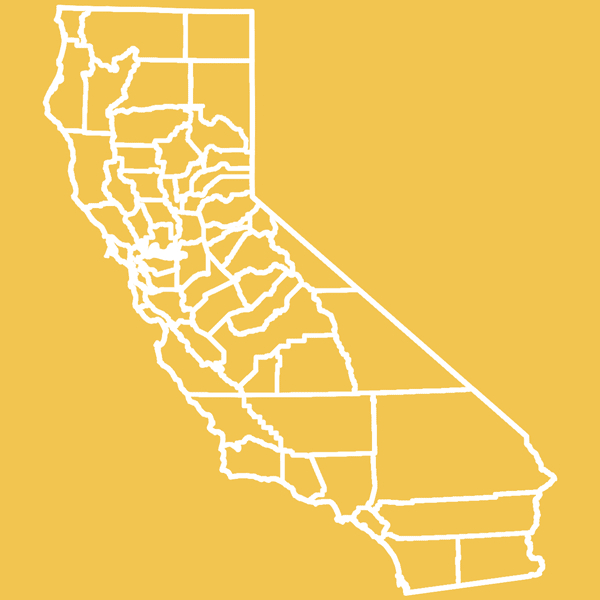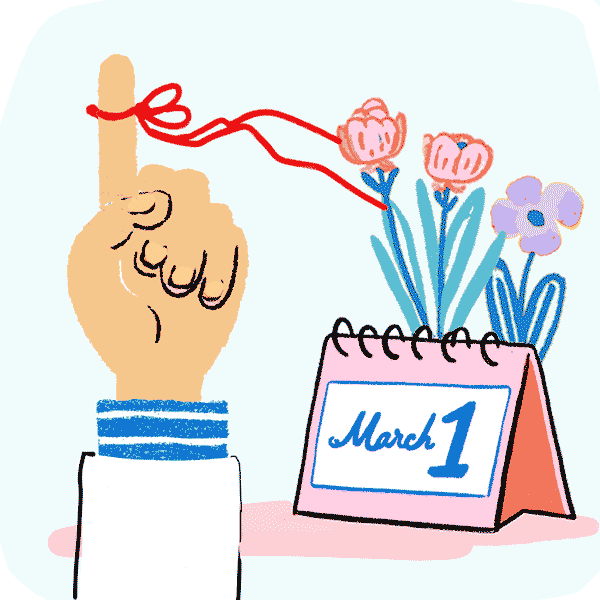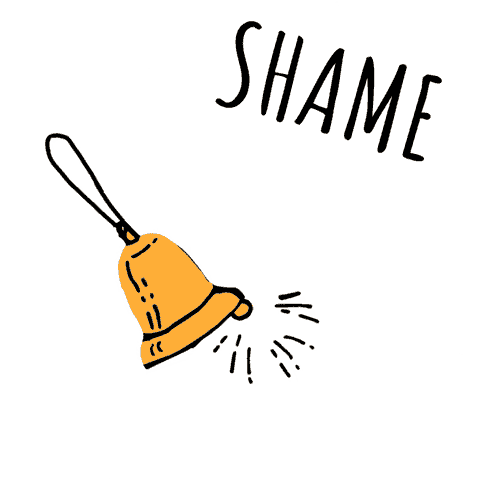Med-Legal Bill Denied for Liability? Request IBR

Certain California workers’ comp payers deny reimbursement for Medical-Legal evaluations by claiming lack of liability for the initial injury. With this twisted, circular logic, some insurers argue that physicians are not entitled to reimbursement for helping resolve a liability dispute...because there’s a liability dispute.
Fortunately, several Independent Bill Review (IBR) cases demonstrate that this cynical denial tactic doesn’t work when push comes to shove — which is why we encourage providers, when pushed, to shove back. Hard.
Clear IBR Precedent
In multiple cases, insurers used denial of liability for the injury to deny payment for the Medical-Legal evaluation. The pattern goes like this:
- The insurer denies the original Medical-Legal bill
- The physician files a Second Review appeal
- The insurer denies payment again after Second Review
- The provider pays $180 to request IBR
- The insurer argues that because there’s a liability question:
- ...the insurer isn’t responsible for the Medical-Legal evaluation, or
- ...the dispute is ineligible for IBR, as IBR is reserved strictly for disputes involving the amount of payment.
To the state’s credit, this absurd liability argument rarely flies.
In dispute after dispute, the Division of Workers’ Compensation (DWC) and its IBR proxy, Maximus, determined that even when the payer denied the claim as non-compensable, the payer is still responsible to reimburse the Qualified Medical Evaluator (QME) or Agreed Medical Evaluator (AME) for conducting the Medical-Legal evaluation.
Among the many examples available in our IBR Decision Library is an “Overturn” decision against Liberty Mutual.
In the Final Determination letter from Maximus reversing Liberty Mutual’s denial of payment (pictured below), Maximus demonstrated unambiguously that liability for the injury has no bearing on payment for the Medical-Legal evaluation:
As the Maximus Analysis and Finding section shows, Liberty Mutual’s rationale for denying payment was that the initial claim was denied. But in ruling against Liberty Mutual, Maximus ignores this argument, and cites the request from the applicant (i.e. the workers’) attorney to determine the work-relatedness of the injury.
Notably, Liberty Mutual actually paid this provider in full prior to Maximus issuing their Final Determination.
In other words, Liberty Mutual denied the original Medical-Legal bill, and denied the bill again following the provider’s Second Review appeal. But when the provider requested IBR (and paid a $180 fee), Liberty Mutual immediately relented, without even awaiting Maximus’ decision.
Push coming to shove, indeed.
From a brief search of our IBR Decision Library, we found over a dozen similar “Overturn” decisions by payers attempting the liability play, including:
...in addition to several others for Liberty Mutual. (Note: above we link to the DWC IBR case files, in which the names of the claims administrators are redacted.)
In each case, the payer denied liability for the claim. In each case, Maximus noted the valid request for a Medical-Legal evaluation from a party; either the payer’s or the worker’s attorney. As California Labor Code Section 4062.2 (b) states:
...either party may request the assignment of a three-member panel of qualified medical evaluators to conduct a comprehensive medical evaluation.
And in each case, Maximus overturned the insurer’s denial of payment, awarding the provider the full amount due, plus restitution of the $180 IBR filing fee.
Liability: Not a “Threshold” Issue in Med-Legal Disputes
California created the IBR process to reduce the amount of liens providers must file in order to obtain reimbursement. By establishing IBR, the state lifted the burden of settling disputes over payment amounts from the Workers’ Compensation Appeals Board (WCAB). Thereafter, the WCAB could focus on “threshold” issues like liability and authorization disputes.
The obvious exception to this is services rendered in order to determine liability, i.e. Medical-Legal services.
In payment disputes for medical services under the Official Medical Fee Schedule (OMFS), liability and authorization are indeed “threshold” issues that preclude IBR. But Medical-Legal services are inherently different, as so many IBR decisions confirm.
Providers, take note, and utilize the proper appeals.
Submit Second Review appeals within 90 days of receiving an Explanation of Review (EOR) that improperly denies your bill. If the claims administrator refuses to see reason (and they very well may refuse), request IBR.
The facts, and IBR precedent, are on your side.
DaisyBill makes authorization, payment, and appeals faster, easier, better. Contact us to learn how DaisyBill can save your practice thousands in revenue for workers’ comp services.
LEARN MORE
DaisyBill provides content as an insightful service to its readers and clients. It does not offer legal advice and cannot guarantee the accuracy or suitability of its content for a particular purpose.




